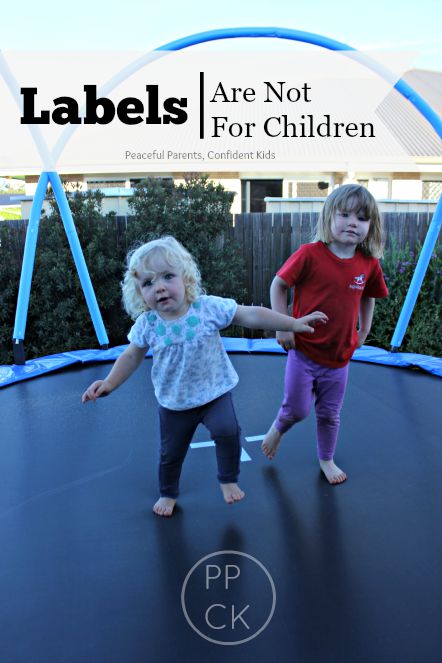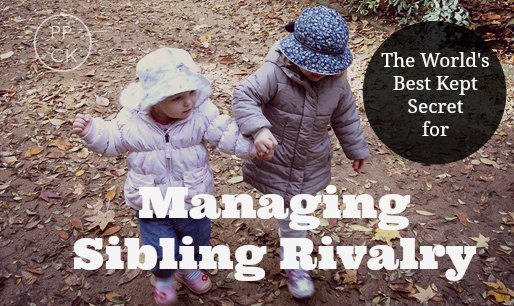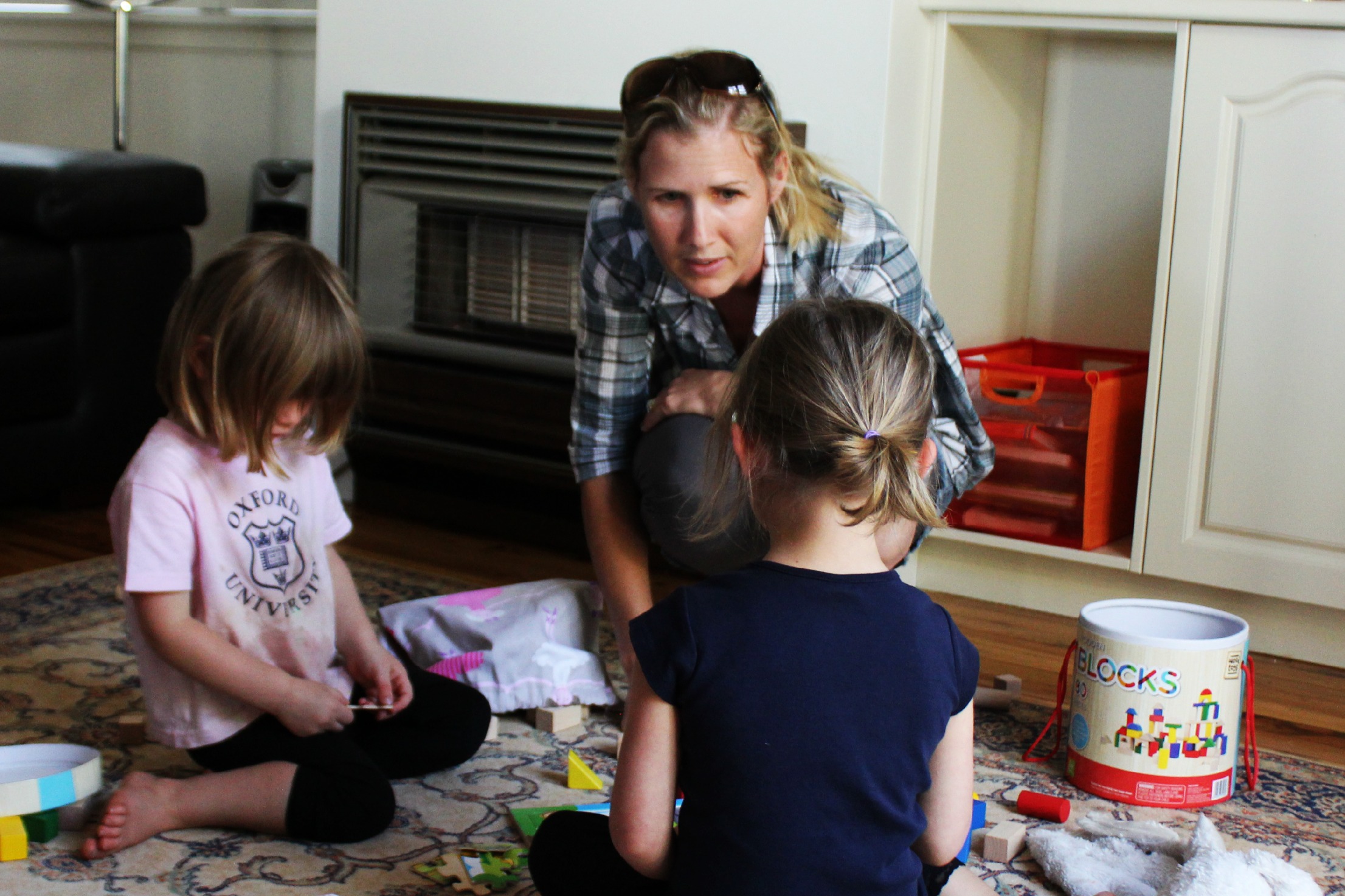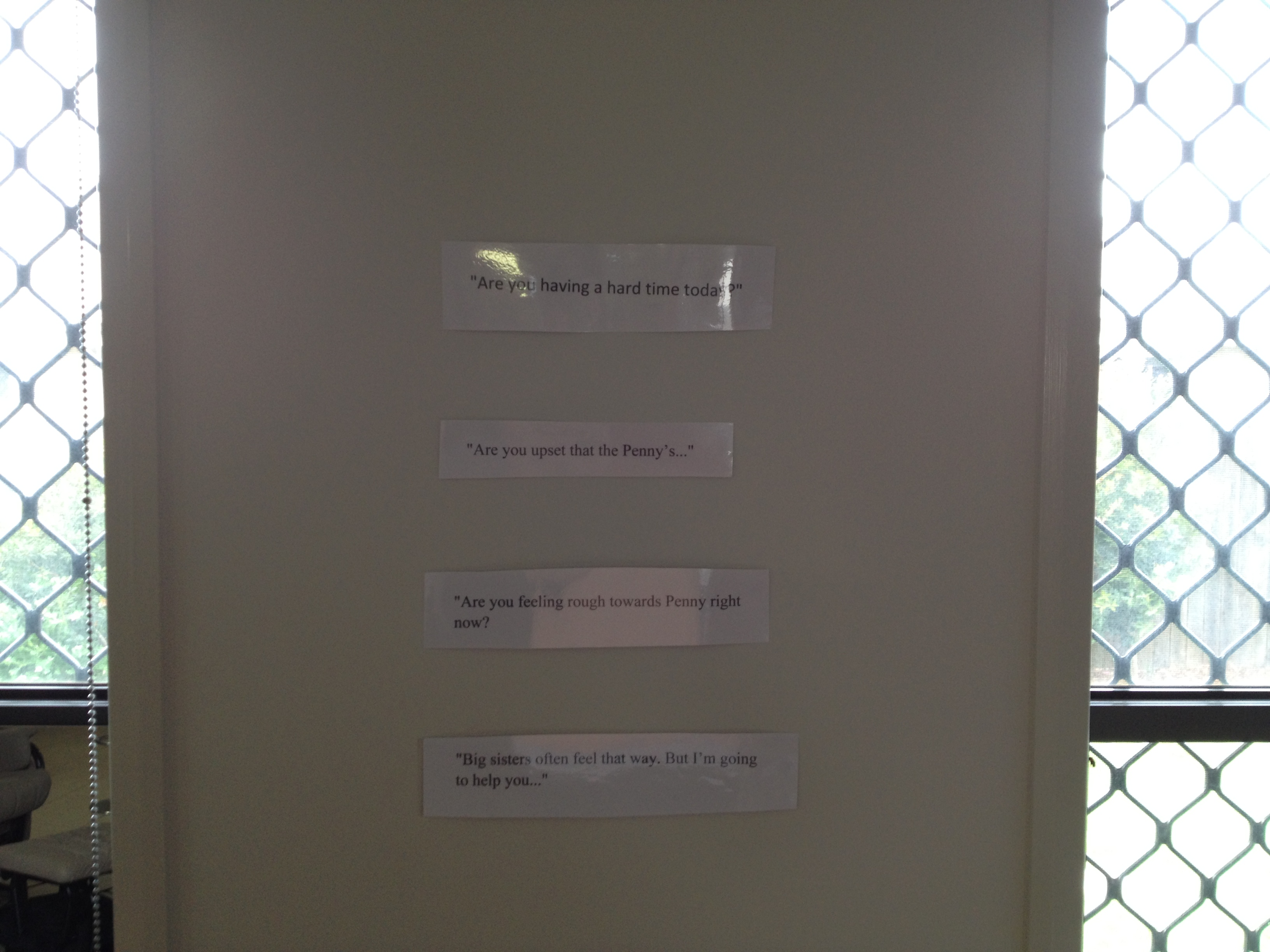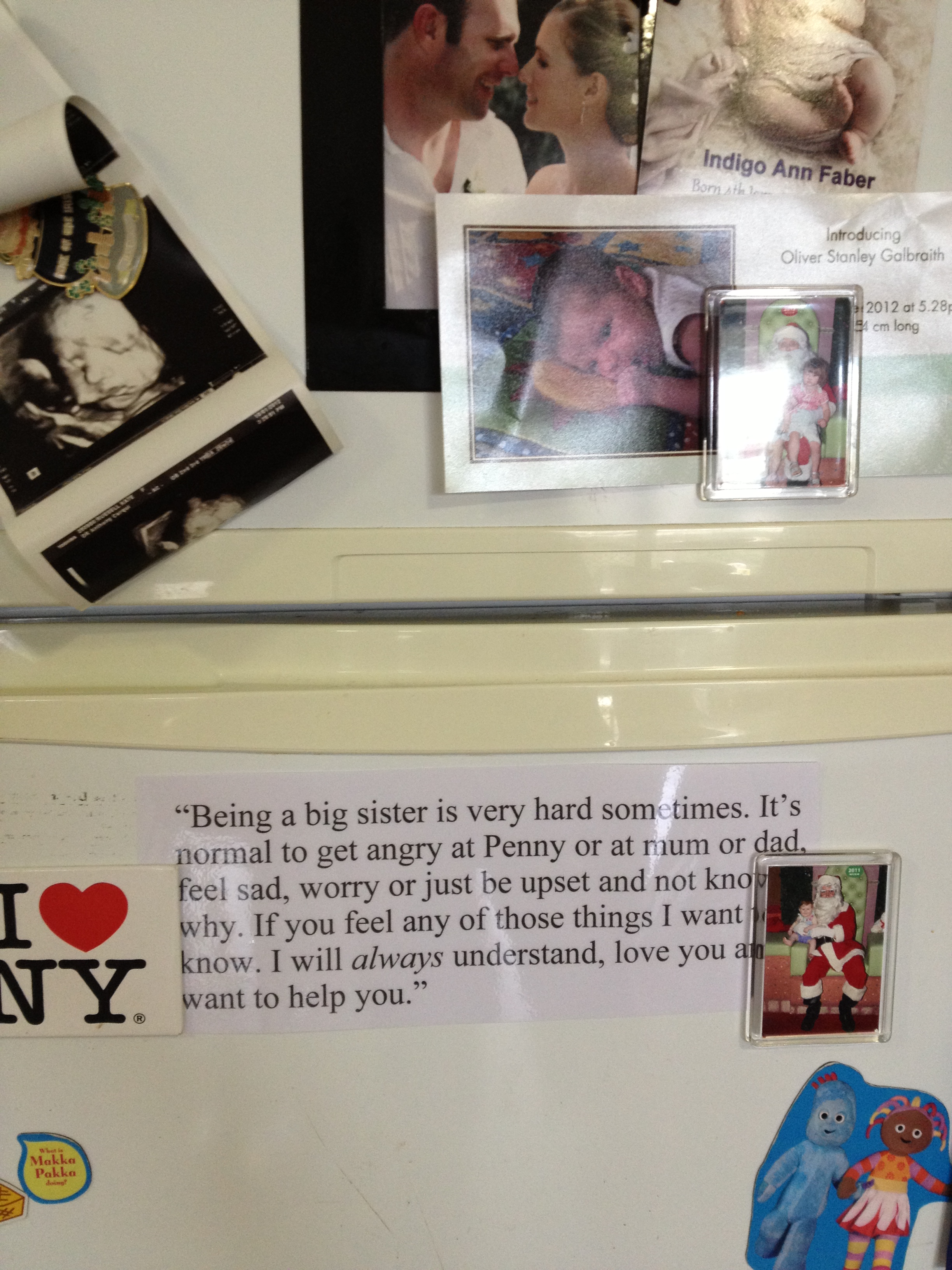“Being Labeled is like being judged for life. It is like your future is laid out for you already”.
~ Author Unknown
We have always tried not to put labels on our children. The personalities are completely different from each other we love that about them. We never want them to think that one is better or more endearing than another or that one is weak vs strong or shy vs outgoing etc.
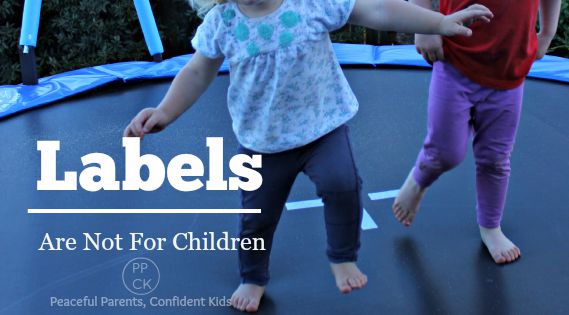
I remember as a child I was always called the shy, quiet and sensible one whilst my brother was the adventurous yet naughty one and my sister the fun-loving tom boy. I hated being put into my role and found it so difficult to break out of as an adult.
Faber and Mazlish, authors of Siblings Without Rivalry (Affiliate link) state that:
“We need to prepare our children for life outside the family. And life demands that we assume many roles. We need to know how to care for and be cared for; how to be leaders and followers; how to be serious and a little ‘wild’; how to live with disorder and how to create order. Why limit our children? Why not encourage all of them to take chances, explore their potential, discover strengths they never dreamed lay within them.”
We had a little incident here the other day which really brought home how important it is not to confuse the behaviour of a toddler in the highly volatile 1-3 year age bracket with their actual personality and demeanour. Even more important is to ensure we do not label or even perceive them as such things as shy, helpless, dominant, aggressive, victim, bully etc.
It is a short story but one which stopped us in our tracks and has given us a little more insight into the morphing minds of our children. Our oldest child, Lucy (2.5 years) has always been a very active, fun loving little girl who craves attention and approval. She was put into the role of ‘big sister’ when she was only 13 months old and has had some difficulty accepting this role and all it entails.
Her younger sister, Penny (1.5 years) has borne the brunt of some unmet needs in Lucy and has had to deal with some physical and verbal altercations with her older sister from a young age.
Of course, we have always been well aware of the emotions charging through these situations and have used all manner of methods to ensure a) Penny is kept safe and b) Lucy is helped through her feelings of anger and rage with acknowledgements and understanding. We haven’t always got it right but we are slowly refining our methods and we see improvements on a daily basis.
Penny is an independent and goal-oriented child. She shows remarkable perseverance and determination for a child her age and will try many different ways of achieving the outcome she desires before giving up or demanding help. This determination has seen her become quite frustrated when her play is interrupted by her rambunctious older sister who seems to have a desire to control all of Penny’s movements including her play and care giving moments. It has therefore been easy to fall into the trap of seeing Penny as the helpless victim and Lucy as the dominating perpetrator however, as we are slowly realising, not all is as it seems.
This afternoon, Penny had climbed into my husband’s ute in the driveway, soon after he arrived home from work. Penny absolutely loves playing in the cars, standing up in the drivers seat pretending to drive and climbing in and out of the car seats in the back. Today, she chose to sit in Lucy’s car seat and was happily doing so for about 10 minutes when Lucy, noticing Penny playing in there, started heading towards the open door of the ute (the front passenger door). As she climbed in, my husband and I signalled to each other that we had better get over there as Lucy was not going to be happy that Penny was in her seat. We quickly moved over, ready to sportscast the ensuing battle and protect Penny from any potential lashings but were taken aback by the five occurrences which followed.
1. Lucy made her way between the two front seats, passed by Penny sitting in her seat and happily sat down in Penny’s car seat. No battle!
2. Penny immediately began crying hysterically because Lucy was sitting in her seat. In the small breath pauses between each ear piercing cry, I managed to sportscast the situation as it occurred. “Penny, you don’t want Lucy to sit in your seat.” Pause for more crying “You are very upset that Lucy is sitting in your seat.” Pause and wait
3. Lucy climbs out of Penny’s seat and says: “Here you go, Penny”.
4. Penny shuffled out of Lucy’s seat and across to hers whilst Lucy took her position in her own car seat.
5. Both girls played and giggled in there until it was time for us to come and get them to take them to their baths.
This situation showed a side of our two children that reinforces how important it is not to pigeon hole them into roles. Whilst of course they each have their own innate and unique personalities, what they are learning each time they face each other in an altercation or come up against a hardship on a day to day basis is helping to shape the natures that they will ultimately display.
Our roles as parents here are to support them through each crisis calmly and respectfully without treating one as the victim and the other as the perpetrator. At their age, there is always an underlying, untapped reason as to why they are displaying undesirable behaviour so by shaming them or making them feel like the bad guy, we are closing a little opportunity to understand them better and connect with them more deeply.
Furthermore, by treating the other as the victim, removing them from the situation or saying, “Poor you” etc it reinforces to them that they can’t cope with these high stress situations without you and makes them feel even more like a victim.
“Children are born with different personality traits. But as parents we have the power to influence those traits, to give nature a helping hand. Let’s use our power wisely. Let’s not place our children into roles that will defeat them.”
~Faber and Mazlish, Siblings Without Rivalry
We have clearly seen today that Penny is no victim. She is strong in her own right and willing to stand up for herself. Similarly, Lucy is not a selfish aggressor who thinks only of herself. They are both learning from each other and from us as their parents and we are confident they will both grow up to be empathetic, strong and confident young women, completely capable of fulfilling any dream, desire or role they choose.
My parenting is inspired by Magda Gerber’s RIE approach. If you are interested in learning more you can find some good information here or I highly recommend these books (affiliate links)
Dear Parent: Caring for Infants With Respect (2nd Edition) ~ Magda Gerber
~ Magda Gerber
Your Self-Confident Baby: How to Encourage Your Child’s Natural Abilities — From the Very Start
~ Magda Gerber
Elevating Child Care: A Guide to Respectful Parenting ~ Janet Lansbury
~ Janet Lansbury
No Bad Kids: Toddler Discipline Without Shame ~ Janet Lansbury
~ Janet Lansbury
